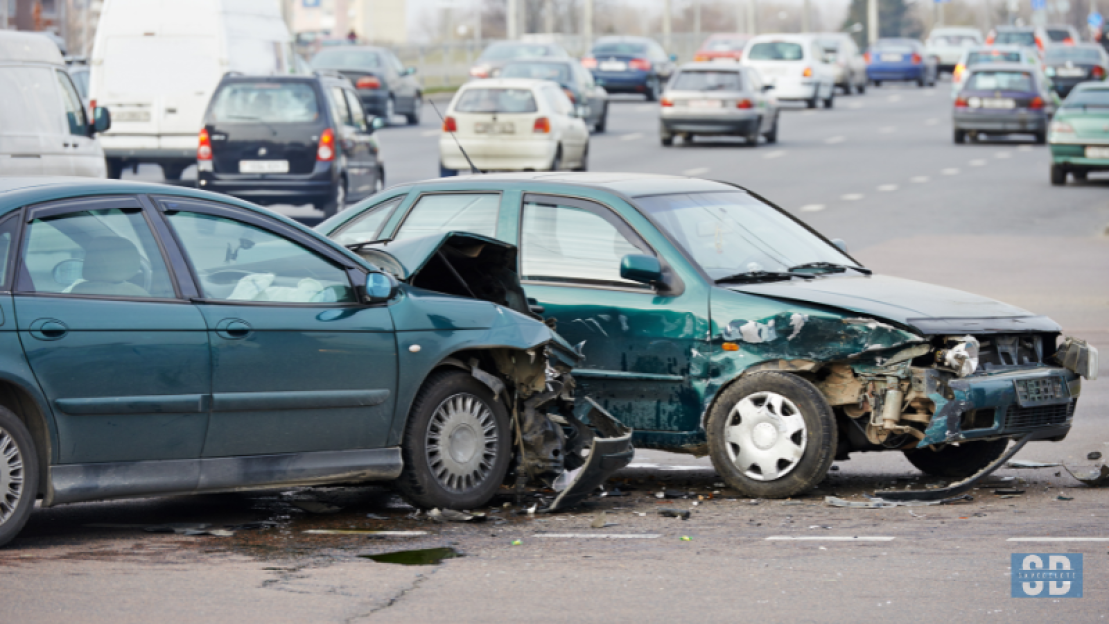When you’re involved in an accident, the physical injuries you sustain often come with financial consequences.
From medical bills to time away from work, the aftermath can be financially draining. In legal terms, these financial burdens are referred to as “economic damages,”; and understanding them is critical if you intend to pursue a compensation claim.
Among the most common types of economic damages are lost income, property damage, and ongoing medical expenses, each of which can significantly impact your financial stability.
What Are Economic Damages?
Economic damages are measurable financial losses that a person suffers due to an accident. Unlike non-economic damagesâwhich cover intangible losses like pain and sufferingâeconomic damages are backed by documentation such as receipts, bills, and employment records. These damages aim to restore the injured party to the financial position they were in before the incident occurred.
To secure compensation for economic damages, you must typically prove that the losses were directly caused by the accident. This means maintaining detailed records of your medical treatments, car repairs, and time missed from work.
Lost Wages and Reduced Earning Capacity
One of the most immediate effects of an accident is the inability to work. Whether it’s a temporary condition or a long-term disability, lost wages can strain your finances, especially if you rely on weekly or bi-weekly income. To claim compensation, you must provide evidence such as pay stubs, employer letters, or tax documents.
In cases where the injury results in long-term limitations or permanent disability, you may also claim for reduced earning capacity. This type of economic damage accounts for the future income you would have earned had the accident not occurred. Often, expert testimony from vocational analysts or economists is needed to estimate future financial loss accurately.
Medical Bills and Future Healthcare Needs
Medical expenses form a significant portion of economic damages. These include emergency care, surgeries, medications, physical therapy, and follow-up visits. Even seemingly minor injuries can lead to substantial medical costs over time.
Additionally, if ongoing care is neededâsuch as rehabilitation, home health services, or future surgeriesâthese projected costs can also be included in your claim. Insurance companies often scrutinize medical bills, so it’s essential to keep a detailed record of all expenses related to your treatment.
Property Damage and Repair Costs
Accidents frequently result in damage to personal property, especially in car crashes. Repairing or replacing a vehicle can cost thousands of dollars. Your claim should include the fair market value of the vehicle if it’s totaled, or the cost of repairs if the damage is fixable.
It’s not limited to vehiclesâdamaged clothing, electronics, or other personal items can also be included. Make sure you gather repair estimates, receipts, and photographs to document the extent of the property damage.
Out-of-Pocket Expenses
There are also miscellaneous out-of-pocket costs that can accumulate after an accident. These might include transportation costs to medical appointments, rental car fees, home modifications (such as ramps or handrails), and even childcare services if your injury prevents you from caring for your children.
Though these expenses may seem minor individually, they can add up quickly. Including them in your claim ensures that you are compensated for every financial burden caused by the accident.
Proving Economic Damages
To build a strong case, documentation is key. Keep all receipts, invoices, wage statements, and medical records organized and accessible. If possible, write down a detailed account of your financial losses soon after the accident, including dates, amounts spent, and the reason for each expense.
It’s also helpful to consult with professionals who can provide accurate valuations of lost income and future medical care. A personal injury attorney can help you gather these documents and present them in a compelling manner.
Why Accurate Valuation Matters
Undervaluing your economic damages can leave you without enough funds to recover fully. Once a settlement is reached or a court ruling is made, you typically cannot return and ask for more moneyâeven if future expenses arise. That’s why it’s essential to account for both current and anticipated costs.
Working with a legal expert can make this process smoother. Attorneys know how to project future losses and collaborate with experts to justify the amounts being claimed. Their goal is to ensure that you are not shortchanged in the compensation process.
Final Thoughts
An can upend your life in countless ways, including financially. Understanding and documenting the most common types of economic damages can help you navigate the recovery process with greater confidence. From lost wages and medical bills to property repairs and out-of-pocket expenses, each form of damage deserves attention and fair compensation.
Being thorough and proactive in documenting your losses, and seeking professional help when needed, ensures you don’t carry the financial burden of someone else’s negligence alone.







